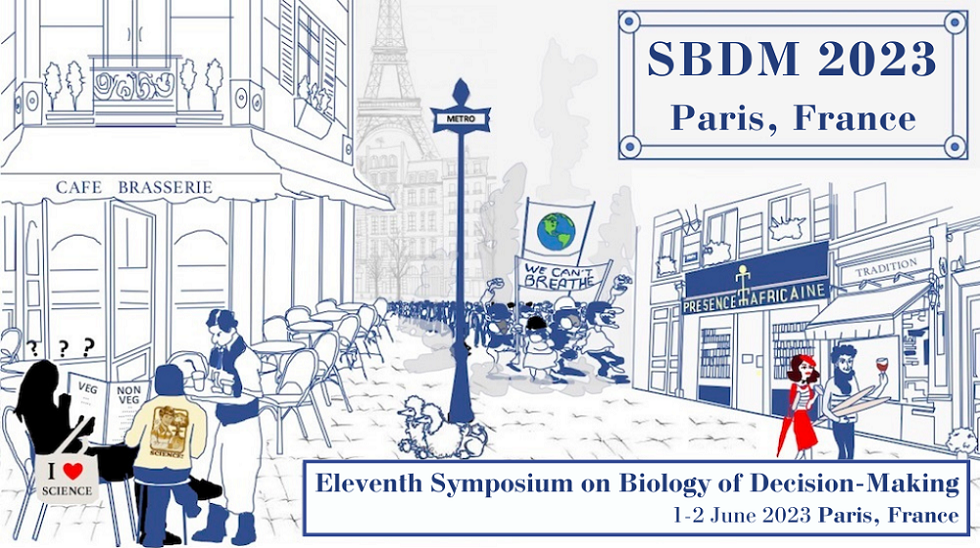Talk abstracts > Anna Kuppuswamy (University College London)
Go back to Homepage.
Anna Kuppuswamy - University College London
Thursday, June 1st
Talk Session 2: How effort and fatigue affect decision-making
15h30 - 16h
Anomalies in selective attention in post-stroke fatigue: implications for decision-making
Objectives: Post-stroke fatigue (PSF) is a prevalent symptom associated with attention deficits. However, it is currently unclear what drives these. Here we applied Load Theory of Attention to investigate the role of perceptual load in the relationship between attention, distraction, and fatigue levels in PSF.
Methods: Thirty-two chronic stroke survivors performed a selective attention task under different perceptual load levels. Neural responses to targets and distractors were measured with frequency-tagged EEG responses.
Results: We showed that Fatigue Severity Scale-7 (FSS-7) scores are predictive of slower responses, irrespective of the task level of perceptual load. Although average distractor frequency (10Hz) power was reduced with higher perceptual load, the reduction in 10Hz power with increasing task load, was smaller in those with higher FSS-7 scores. Higher FSS-7 scores were also associated with increased 10Hz distractor response as time progressed, both within task-trials and across the experiment duration.
Conclusion: The results are consistent with previous reports of slower processing speed and sustained selective attention deficits. Importantly they demonstrate that higher fatigue severity is associated with a reduced ability to suppress neural response to irrelevant distractors stimuli when the task demands more attention due to its increased perceptual load. An account for attention deficit in PSF based on a distractor filtering deficit that emerges with increased perceptual load and sustained effort can explain a myriad of PSF symptoms (e.g. sensory perceptual overload, and difficulties to concentrate).
|


